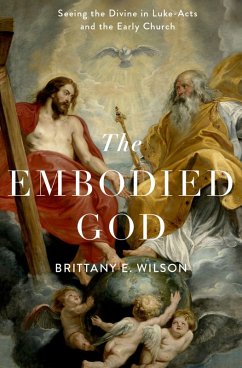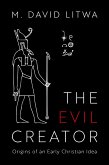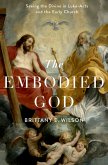As inheritors of Platonic traditions, many Jews and Christians today do not believe that God has a body. God is instead invisible and incorporeal, and even though Christians believe that God can be seen in Jesus, God otherwise remains veiled from human sight. In this ground-breaking work, Brittany E. Wilson challenges this prevalent view by arguing that early Jews and Christians often envisioned God as having a visible form. Within the New Testament, Luke-Acts in particular emerges as an important example of a text that portrays God in visually tangible ways. According to Luke, God is a perceptible, concrete being who can take on a variety of different forms, as well as a being who is intimately intertwined with human fleshliness in the form of Jesus. In this way, the God of Israel does not adhere to the incorporeal deity of Platonic philosophy, especially as read through post-Enlightenment eyes. Given the corporeal connections between God and Jesus, Luke's depiction of Jesus's body also points ahead to future controversies concerning his divinity and humanity in the early church. Indeed, questions concerning God's body are inextricably linked with Christology and shed light on how we are to understand Jesus's own visible embodiment in relation to God. In
The Embodied God, Wilson reframes approaches to early Christology within New Testament scholarship and calls for a new way of thinking about divine-and human-bodies and embodied experience.
Dieser Download kann aus rechtlichen Gründen nur mit Rechnungsadresse in A, B, BG, CY, CZ, D, DK, EW, E, FIN, F, GR, HR, H, IRL, I, LT, L, LR, M, NL, PL, P, R, S, SLO, SK ausgeliefert werden.









